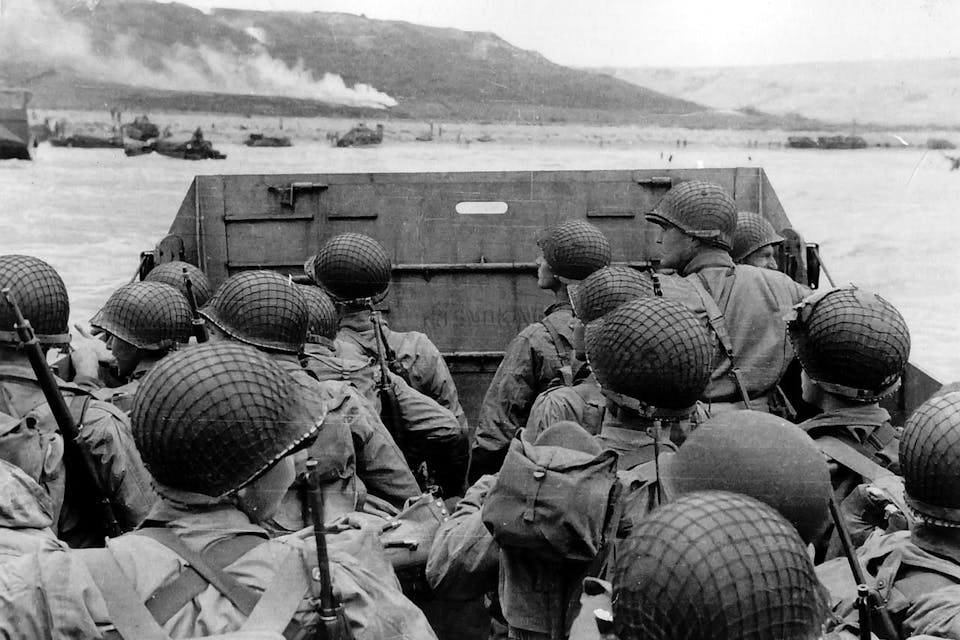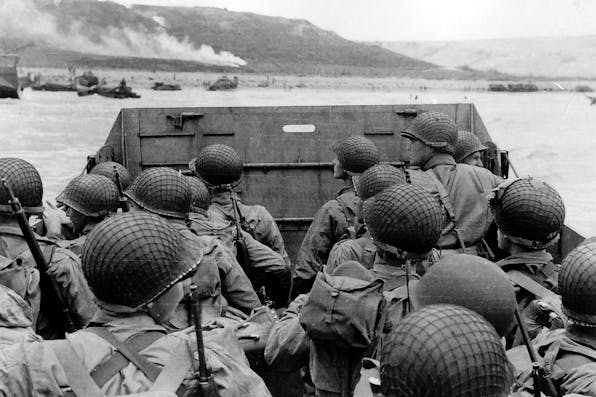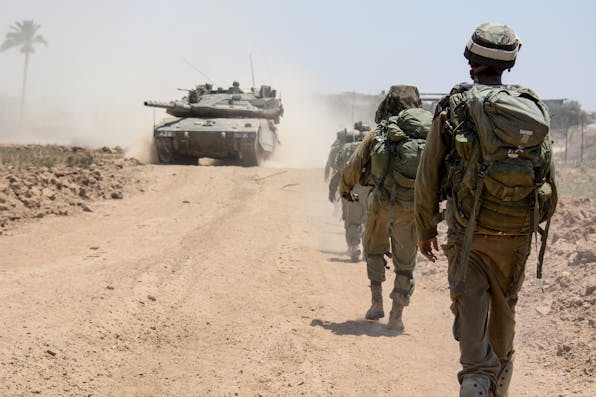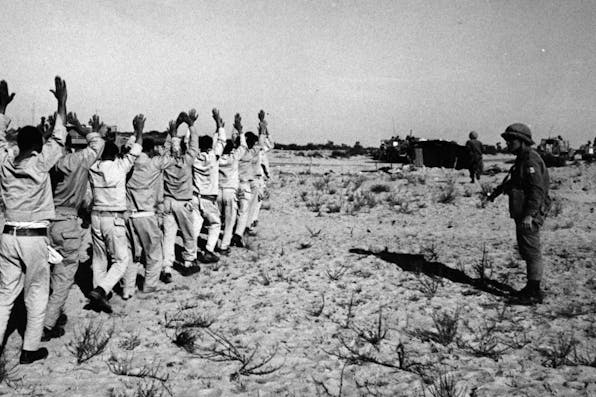
July 13, 2015
War Is . . .
How do charges of Israeli crimes in the Six-Day War match up with similar charges against American forces in other wars?
Martin Kramer has performed a valuable public service by investigating the origins of the film Censored Voices and its claims of Israeli soldiers committing war crimes during the Six-Day War. Beyond the specifics of this particular documentary and that particular conflict, his article, “Who Censored the Six-Day War?,” raises larger issues relating to actual or imaginary war crimes committed by the armed forces of liberal democracies, whether Israeli or American, British or French.
Generally, such accusations are publicly aired—often in exaggerated form—during controversial or unpopular conflicts and ignored during more popular ones. There is a particular tendency for allegations of misconduct to seize the spotlight in guerrilla wars where troops have trouble distinguishing combatants from civilians. The circumstances under which troops fight, rather than what they actually do, thus prove more important in determining whether or not “war crimes” become a subject of public controversy.
The history of the U.S. armed forces provides a good case in point. In 1899, the United States was drawn into an unpopular conflict in the Philippines as an outgrowth of the Spanish-American war. The treaty ending that war had ceded the Philippines to American sovereignty; before long, American troops were fighting Philippine “insurrectos” under Emilio Aguinaldo who had no desire to trade a Spanish king for an American president. As the conflict dragged on, it grew more unpopular. Vocal anti-imperialists like Mark Twain seized on news that American forces were torturing and killing suspected insurrectos to denounce the entire conflict. Twain quipped that the Stars and Stripes should be redesigned with “the white stripes painted black and stars replaced by the skull and crossbones.”



